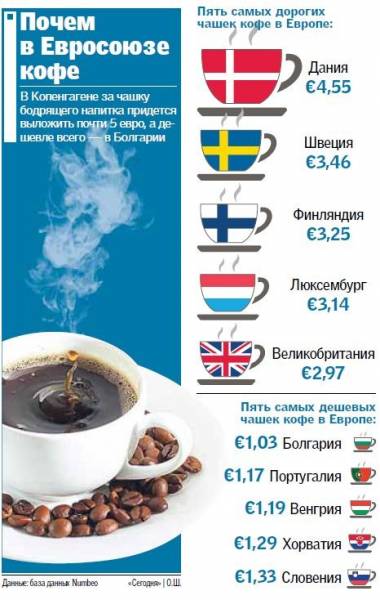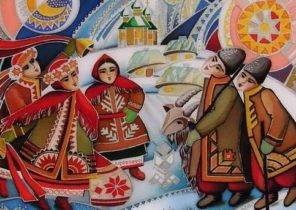
The EU’s decision on granting Ukraine a visa-free regime has already increased the number of those wishing to obtain biometric passports by 20%. This is the fresh statistics of the state migratory service. “Today” has learned how to react to the opening of borders, the exchange rate and found out what Europe can make of its pricing policy, and some to scare.
3 MILLION. Social media filled with photos of queues at service centers where you can fill out the “biometrics”. As noted by the responsible service, the excitement created by two factors. According to the speaker of GP “Document” Vladimir Polishchuk, first and foremost, this is due to a seasonal factor — on the eve of the summer holidays always increases the number of people willing to issue a passport. However, he adds — after the decision on the level of the Council of Europe, the people rushed EN masse to the paperwork. In turn a press-the Secretary of state migratory service Sergei Gunko said that due to seasonal factors, the demand for documents increased by about 10%. “However, if before this time were given to 10 thousand passports a day, but now that number has increased to 12 thousand,” — he stressed. In General, as of Monday, Ukraine had issued 3 million 318 thousand biometric passports. The demand for them was so powerful that sometimes even intermittent — for example, over the forms.
CURRENCY. However, experts believe that this excitement and new possibilities is unlikely to have an impact on the Euro. “Nothing will change, and bezviz will not affect the exchange rate. The opening of the borders for Ukrainian citizens will not draw in Ukraine additional amounts of currency and will not cause a global drain from our country”, — the analyst of consulting company MPP Paul Miller.
Economist Ivan Nikitchenko agree with this opinion, but adds closer to August, expect the traditional devaluation of the hryvnia. In turn, the financier ForexClub Andrew Shevchishin said that the increase in business activity between the regions of Europe, which will happen due to bezvisovogo regime, increase the use of the Euro in Ukraine: “It is not categorical and significant, but the increased demand will support the value of the Euro in the domestic market. Speaking about the figures, and in the near future, and after June 11, I predict the exchange rate in the district 29-29,5 UAH per Euro (now 29-29,2 UAH)”. But in exchange they say that now the Euro is becoming increasingly popular among the population, and connect it with the upcoming bezveza. “Sometimes buying more euros than dollars. However, in General, small amounts of up to EUR 500, — told us in one of the exchangers, adding that customers asking for smaller bills. — Obviously, the people stored cash before you travel”.

EU prices: the most expensive in Denmark and cheapest in Bulgaria
Traditionally one of the most expensive countries in the EU is Denmark, where the cost of living, according to experts, three times more than in Ukraine. So, a loaf of white bread in this country in terms of the hryvnia will cost UAH 62, and a dozen eggs — 76 UAH apartments for rent from 19 to 27.5 thousand UAH per month.
In turn, the Czech Republic is a country with average prices and food, and housing. So, the same loaf of bread in this country costs 22 UAH, and a dozen eggs — 32 UAH. A rented apartment will cost from 9.8 to 12 thousand UAH per month. Finally, among the EU countries with the most affordable prices on basic food and housing are Bulgaria and Hungary. So, the first loaf of bread costs about UAH 20, and a dozen eggs — a little more than 30 UAH. The cost of the monthly rent one-bedroom apartment — 5-7 thousand UAH. While in Croatia, the prices on the products are the same as in Bulgaria, however, the more expensive apartments — from 6 to 8,5 thousand UAH.







